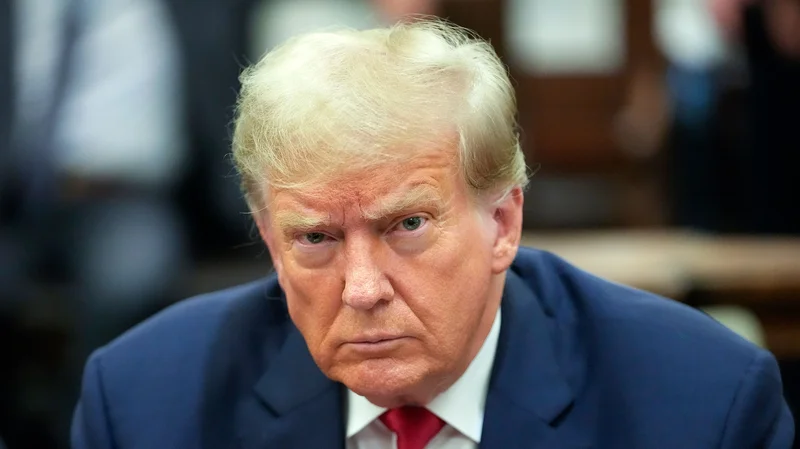BNB Signals | Binance Coin Trading Alerts & Insights
BNB Signals | Binance Coin Trading Alerts & Insights
Alright, folks, buckle up, because we're about to dive into something that could be genuinely game-changing. You know I love to look beyond the headlines, and what President Trump has just unveiled with these weight-loss drug deals with Eli Lilly and Novo Nordisk… well, it's not just about politics or even just about healthcare. It's a potential paradigm shift in how we tackle chronic disease in this country.
Think about it: access to medications like Wegovy and Zepbound, potentially dropping to the $250-$350 per month range? For people struggling with obesity, that could be the difference between a life limited by health problems and a life full of possibilities. And I have to admit, when I saw the projected numbers – 10% of Medicare beneficiaries potentially getting access to these GLP-1 drugs for just $50 a month? I just had to pause and think of the implications.
We're talking about a potential revolution in preventative medicine. Secretary Robert F Kennedy Jr. (yes, that Kennedy) called obesity "the number one driver of chronic disease" in the US, and he's not wrong. Lowering the barrier to entry for these medications, combined with lifestyle changes, could drastically reduce the incidence of diabetes, heart disease, and a whole host of other obesity-related illnesses. It’s like finally giving people the right tools to build a better foundation for their health.
Now, I know what some of you are thinking: "This sounds too good to be true. What's the catch?" And of course, there are questions. How will this impact the long-term financial stability of Medicare and Medicaid? What about the potential side effects of these drugs? And how do we ensure that people are using them responsibly, in conjunction with healthy eating and exercise? These are critical questions that we need to be asking – it's like handing someone a powerful tool; you need to make sure they know how to use it safely and effectively.
But let's not let those questions overshadow the potential here. For years, these medications have been priced out of reach for many who desperately need them. The fact that Trump has managed to bring these pharmaceutical giants to the table and negotiate these deals is, frankly, astonishing. We've seen similar moves before, like Pfizer's earlier deal to slash prices on TrumpRx, and the recent agreements with AstraZeneca and EMD Serono. But this feels different. This feels like a real commitment to making healthcare more accessible and affordable. Trump unveils deals to lower US weight-loss drug prices - BBC

Remember when the printing press was invented? Suddenly, knowledge that was previously confined to the elite became available to the masses. I feel a similar sense of potential here. Affordable access to these medications could democratize healthcare in a way we haven't seen before. Imagine a future where chronic disease is no longer a death sentence for millions, where people are empowered to take control of their health and live longer, healthier lives.
Think of a single mother working two jobs, struggling to afford healthy food for her family, let alone expensive medications. What does this mean for her? What if she can finally access the medication she needs to manage her weight and improve her health? What if that means she can work more effectively, spend more time with her children, and live a fuller, more vibrant life? That’s the kind of human impact we need to be focusing on.
I saw a comment on Reddit the other day that really stuck with me: "This could be a lifesaver for my dad. He's been struggling with his weight for years, and he just can't afford the meds." That's the human story behind these headlines. That's why this matters.
Of course, we need to be mindful of the ethical implications. We don't want to create a society that relies solely on medication to solve its health problems. We need to promote healthy lifestyles, educate people about nutrition and exercise, and address the underlying social and economic factors that contribute to obesity. But this deal, in the hands of a responsible population, could be the catalyst for real change.
I know some people are skeptical. They see this as just another political stunt, another empty promise. And maybe they're right. But I choose to be optimistic. I choose to believe that this is a genuine effort to improve the health of the American people. And I choose to believe that we can build a healthier, more equitable future for all.
It's not just about weight loss; it's about hope. It's about empowering people to take control of their lives and build a brighter future for themselves and their families. And honestly, that's the kind of breakthrough that reminds me why I got into this field in the first place.